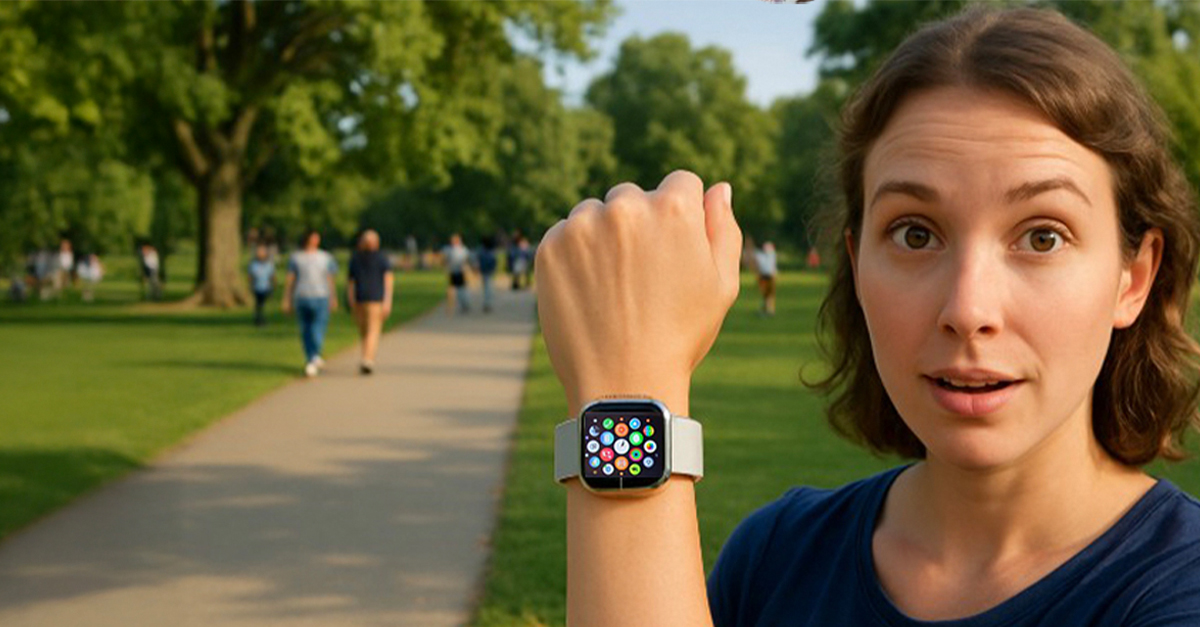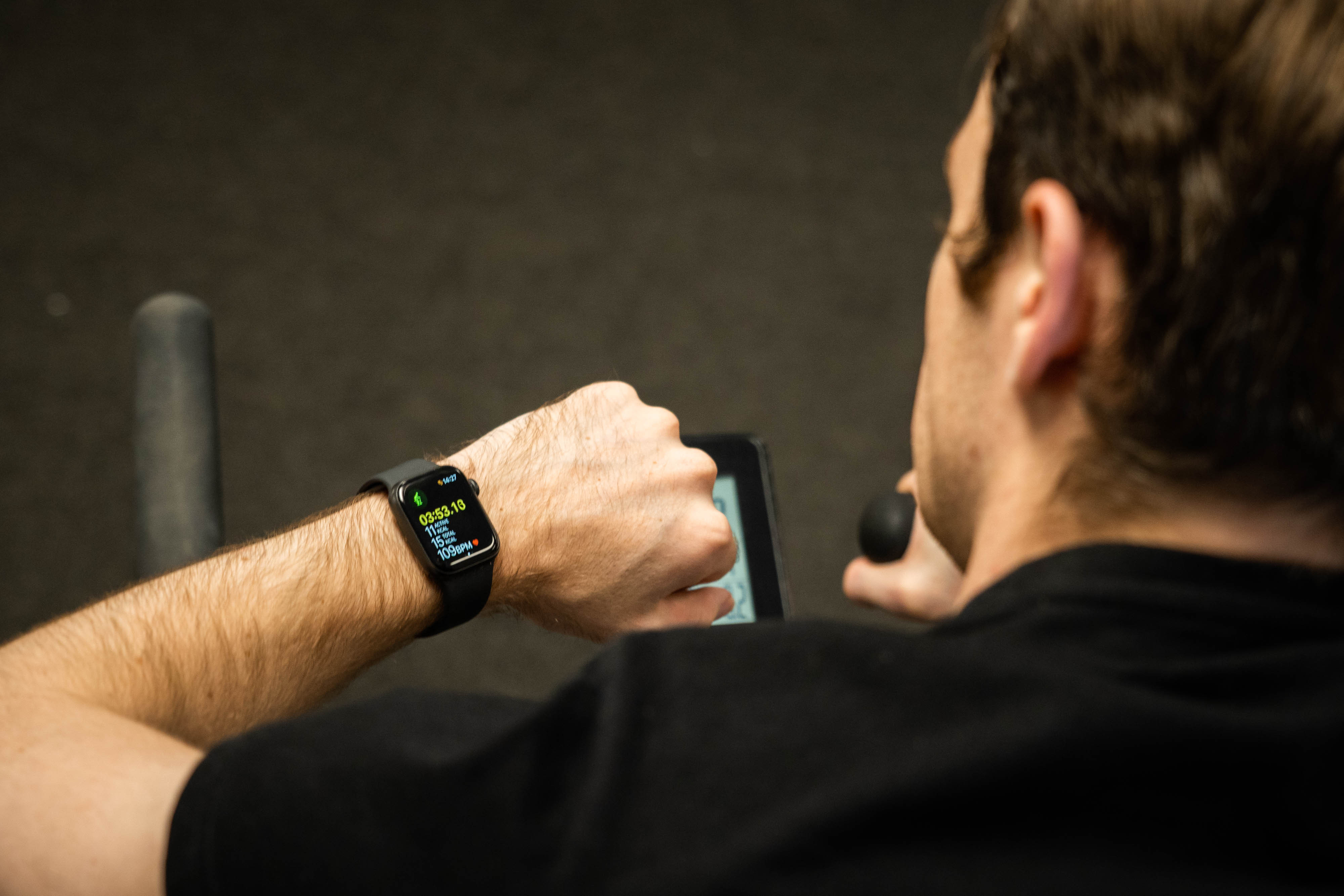Fitness trackers and smartwatches seem to be everywhere, from wrist bands to rings. They can track activity, sleep, heart rate, etc. But do they really help improve health, or are they just gimmicks? Let’s take a closer look at how wearable wellness technology works, what it can and can’t do, and how to extract the most value from it.
Evidence Shows Trackers Help
Analysis of over 160,000 people showed that activity trackers added another 1,800 steps per day and roughly 40 minutes more walking, with about one kilogram of weight loss and better fitness indicators. A Harvard review found users added about 1,200 daily steps and almost 50 minutes of moderate-to-vigorous activity per week, representing serious gains for many people.
Accuracy Varies By What’s Measured
Trackers are best at counting steps and tracking heart rate. The Fitbit Charge series showed under 25% error for steps; Apple Watch was under 10% for heart rate. They are less accurate at estimating calories burned or energy spent, with error rates up over 30%. So use the devices to track movement, and take the calorie data they provide with a grain of salt.
Health Monitoring Is A Useful Feature
Many wearables also track sleep patterns, heart rates, and even stress levels. These can potentially alert you to red flags like elevated resting heart rate or poor sleep that may induce you to talk to a doctor. These devices certainly aren’t medical-grade, but they can encourage health awareness and taking action before the situation gets out of hand.
Mental Health Pitfalls
Not all outcomes are as positive as those listed above. A recent review noted that wearables could have an undesirable effect on psychological well-being, by potentially tracking obsession or anxiety even while encouraging healthy physical activity. One journalist found that health tracking led more to stress and information overload than any noticeable improvement.
Motivation May Vary
Fitness trackers can be a great motivator to those new to exercise, empowering them with positive feedback, goals, and helpful reminders. Features like badges and social challenges play a key role in behavior change. But for those who are already quite active, competition or constant feedback can be more annoying than anything else.
 Photo By: Kaboompics.com, Pexels
Photo By: Kaboompics.com, Pexels
Data Privacy And Concerns
Wearables collect sensitive health data, and this sometimes reveals more than users realize, including menstrual and location patterns. Not every brand has the same privacy settings, so it’s important that you review the policies. Heart rate sensors are found to be less accurate on darker skin because of optical limitations in the sensor design.
Trackers Can Help, With Some Caveats
If you want to boost movement, build consistency, and monitor your over-all health indicators, fitness trackers do give worthwhile benefits. You just have to be mindful of their limitations: calorie burn estimates, stress scores, or sleep staging tend not to be that accurate. Keep up with your healthy habits, use the data as a basic guide, and try not to obsess over the results the device gives.
You May Also Like:
Walking Is The Unsung Hero Of Personal Fitness









